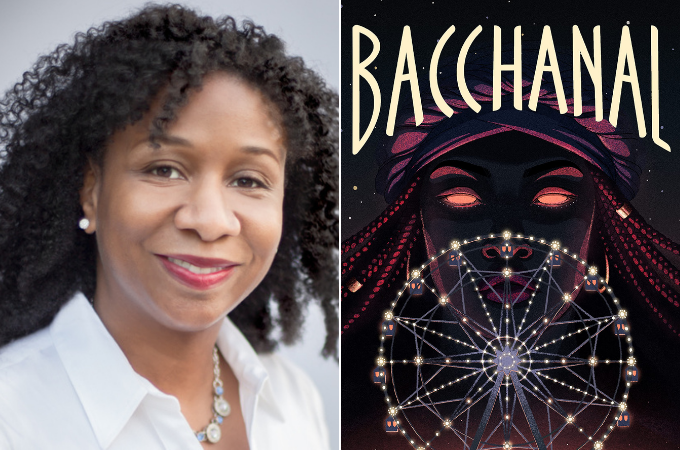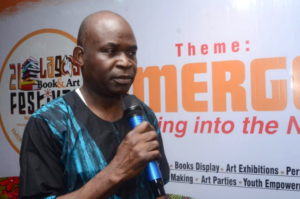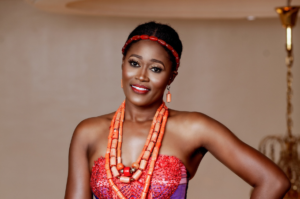
Bacchanal by Veronica G. Henry is set in the 1930s in the southern parts of the United States. It tells the story of Eliza Meeks, a young Black woman in Baton Rouge who is abandoned by her family. She is alone and destitute but has this strange ability to communicate with animals. Instead of endearing her to the community, her power makes her an outcast. Some even see her as a monster. So, when the traveling G.B. Bacchanal Carnival comes to town, Eliza sees her one chance to change her fate.
Up till a certain point, Bacchanal Carnival provides everything Eliza yearns for: a place where she isn’t judged for being different, where she can finally nurture her power as a gift as opposed to carrying it as a burden, and where her community of fellow misfits can take the edge off the pain of being left behind by her family. But carnivals are never what they seem. Behind the rides, games, and cotton candy treats in Bacchanal Carnival is an enchanted world bound by the spell of a soul-eating demon from the underworld. As Eliza grows in her power of communicating with animals, she senses that something is amiss in the apparent joyfulness of carnival life. What ancient ties bind her to the evil hiding in plain sight? She soon realizes that she just might be the missing piece in a transatlantic story about captivity and slavery, one that links the violence of the past to the present.
The world of Bacchanal is loud and colorful. Henry depicts the traveling carnival in vivid images as a playground the size of a bustling mini city. There is no shortage of unusual characters and surprising incidents. The pages turn quickly because there is much to see and people to meet, lending the novel a brisk, action-packed pace. The main characters are all intriguing. Some are easier to love than others. Most bear secrets that are expertly teased to hold the reader’s fascination.
Bacchanal centers on a community of outcasts—show animals, shapeshifters, spirit beings—each with a personality that is as disruptive as it is unique. The challenge of a novel like this is to capture the multiplicity of these voices without drowning out the soul of the story. Henry succeeds in doing this. Even though Eliza is at the center of everything, other characters are given space to tell their backstory. As Eliza is told towards the end of the book, “Storytelling. Animals, African spirits, people…each had stories that needed telling. An audience to listen and do the retelling. In this way, you were never forgotten.” This rule applies to everyone in the novel, from Eliza’s pocket-size marmoset to powerful Orishas.
The novel is a fantastical tale peppered with a bit of horror. Henry’s brand of fantasy is deeply rooted in folklore. Drawing from various oral traditions in African literature—Nigeria, Zaire, Ghana, Egypt, Benin, and many others—Henry, who is herself of Sierra Leonean descent, creates a richly layered fictional world. Folklore is rich with ideas about the world that go beyond the limits of human understanding. Thus, it is no surprise that a novel pushing against the realism of the senses animated by human experience would experiment with folklore. In the process of this experimentation, Henry teaches the reader how to encounter the unfamiliar with grace and openness. We witness a multi-species universe where animals, spirits, ancestors, and humans transact social life in ways that challenge our sense of the norm.
Rooted in oral history and folklore, Bacchanal weaves together versions of those often-unacknowledged narratives of global Black voices transmitting memories of a painful past while sharing knowledge of survival and empowerment.
Buy Bacchanal: Amazon
****************************
Paid Content









COMMENTS -
Reader Interactions